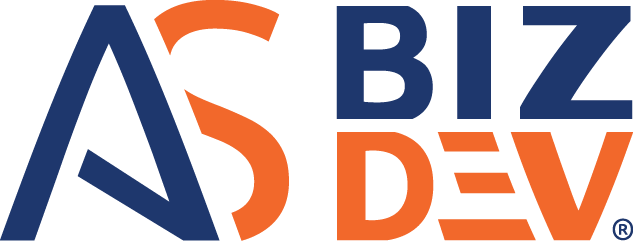Suivre l’évolution d’un monde de plus en plus globalisé n’est pas une mince affaire. Les entreprises se développant sur de nouveaux marchés à une vitesse vertigineuse, il est plus important que jamais pour les organisations d’être à la pointe de la vente. Pour ceux qui ne se sont pas encore aventurés sur la zone Afrique et Moyen-Orient, voici quelques enseignements que nous avons tiré de notre immersion dans la/les culture(s) de cette zone riche en opportunités.
Soyez flexible dans votre approche
L’une des premières choses à intégrer c’est que les clients/prospects de cette région sont très orientés vers les relations. Ils aiment construire des relations et ont tendance à faire confiance à ceux avec qui ils ont une bonne relation. Qu’est-ce que cela signifie pour la vente ? Cela signifie qu’une approche traditionnelle de la vente, qui consiste à imposer votre produit/service au client sans construire de relation, a peu de chances de fonctionner. Vos interlocuteurs veulent apprendre à vous connaître, ils veulent construire une relation avec vous et ils veulent voir comment ce que vous vendez peut leur être bénéfique.
Soyez transparent et établissez une relation de confiance avec votre public
Vos interlocuteurs (prospects et clients) recherchent la transparence dans leurs décisions d’achat, et ils ont tendance à aimer voir comment votre produit/service leur profite. C’est là qu’une approche marketing traditionnelle qui se concentre uniquement sur la mise en avant des avantages du produit et des forces de l’entreprise a peu de chances de fonctionner. Votre message marketing doit être clair, facile à comprendre et montrer au client comment votre produit l’aidera directement. Cela est particulièrement vrai dans le domaine des ventes B2B, où il est très peu probable que vos clients achètent uniquement sur la base des caractéristiques/avantages de votre produit.
Le contexte est roi : connaissez votre public et comprenez l’environnement
Lorsque nous avons commencé à travailler sur la zone AME (Afrique & Moyen-Orient), notre objectif initial était de rechercher et de comprendre l’environnement commercial actuel des entreprises industrielles et technologiques. Il est important de comprendre le contexte dans lequel vous faites des affaires. Qui sont vos décideurs clés ? Quels sont les principaux problèmes auxquels ils sont confrontés, eux et leur organisation ? Quels sont leurs objectifs et qu’espèrent-ils atteindre ? Quels sont leurs points sensibles et comment votre organisation peut-elle les aider à les surmonter ?
Conclusion
La zone Afrique & Moyen-Orient est une zone complexe qui nécessite une approche flexible, transparente et contextualisée. Si de nombreuses pratiques occidentales peuvent fonctionner, elles ne le font pas forcément de la même manière. Comprendre l’environnement et la culture vous donnera un bon point de départ pour votre approche commerciale et vous aidera à éviter certaines des erreurs que nous avons commises au début de notre recherche.
Choisissez nos solutions de Business Development, dès maintenant pour une approche personnalisée à votre situation.

